Learning disabilities: Covid vaccine wait 'frightening'
- Published
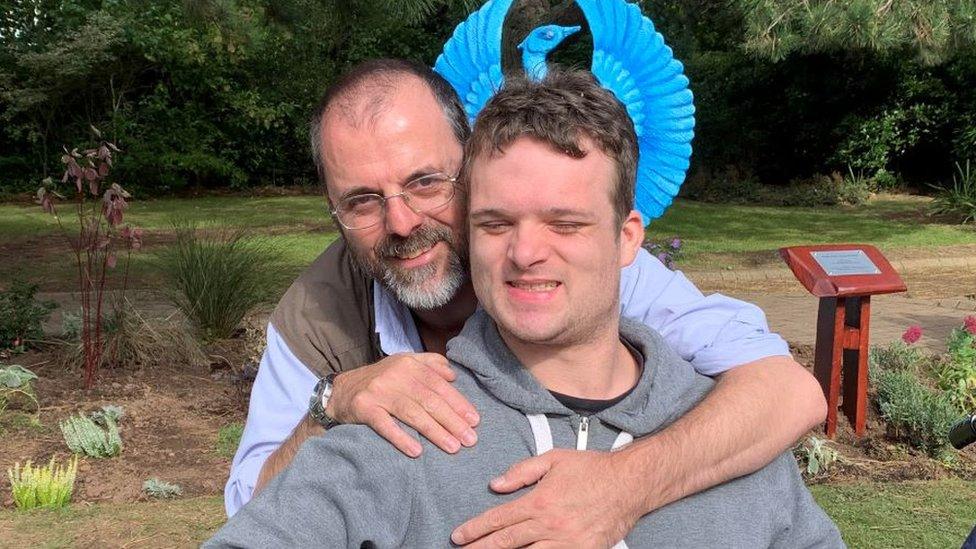
Mark Blaker (right) said it is a "very frightening time" for Joe and his family
A father whose son has learning disabilities says waiting to find out when he can be vaccinated against Covid-19 is "frightening".
Mark Blaker, from Wiveliscombe in Somerset, says it is unclear when his 28 year-old son Joe will be eligible for a jab.
Figures published this week show disabled people are more likely to die from the virus than their peers.
The government says it is working hard to vaccinate everyone at risk.
Disabled charity Mencap said research published just before Christmas, external showed adults with learning disabilities were six times more likely to die from Covid-19.
For people aged 18 to 34 with learning disabilities the figure jumped to 30 times more likely.

Mark Blaker said it remains unclear when his son Joe will be vaccinated
Mr Blaker said: "It's a very frightening time when you hear those sorts of stats."
He said people with disabilities and those looking after them felt like "little islands" in their own homes because of lockdown.
"There is a sense that we've been forgotten, that the sort of person we are talking who is a very caring, loving person who brings a lot of joy into other peoples' lives and does a lot for other people is not valued.
"That's really wrong and needs to be challenged."
'30 times' more likely to die
Mencap executive director Jackie O'Sullivan said adults with Down's syndrome were included in category four of the Covid-19 vaccination schedule - along with 70 year-olds.
Category six of the vaccination programme includes adults aged 16 to 65 years-old in an at risk group, including people with "severe and profound" learning disabilities.
"The problem there is there is no definition of what 'severe and profound' means," said Mrs O'Sullivan.
"You can imagine if you're in your 20s or 30s you're 30 times more likely to die than your peers but you're having to wait in line with them to get the vaccine - that could be months."
The Department of Health and Social Care said it is working hard to vaccinate all those at risk.
"At the moment people with severe and profound learning disabilities fall into the 'adults at risk' group," a spokesman said.
"There is good evidence that certain underlying health conditions increase the risk of morbidity and mortality from Covid-19 and therefore individuals with underlying health conditions have been prioritised for a Covid-19 vaccination in phase one."
Related topics
- Published13 November 2020

- Published1 December 2020
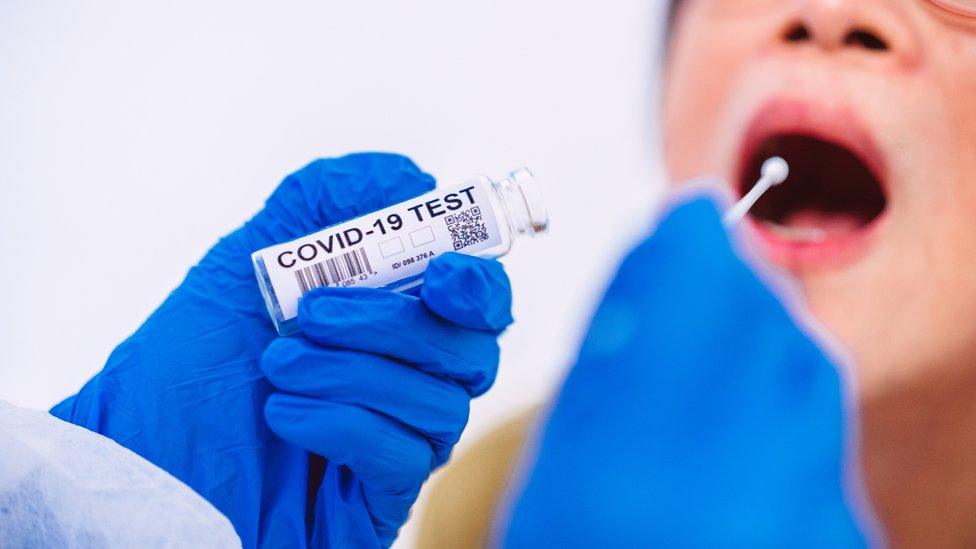
- Published25 January 2021
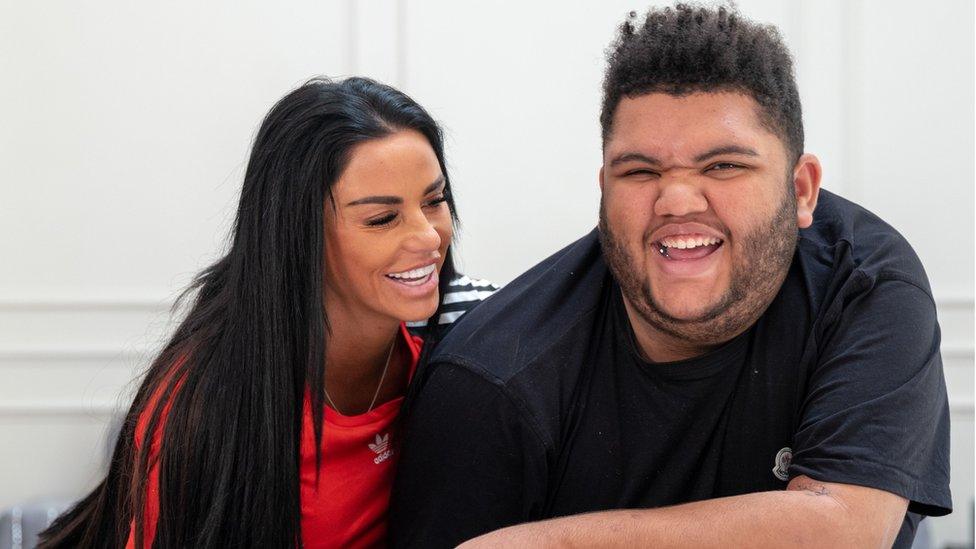
- Published28 January 2021
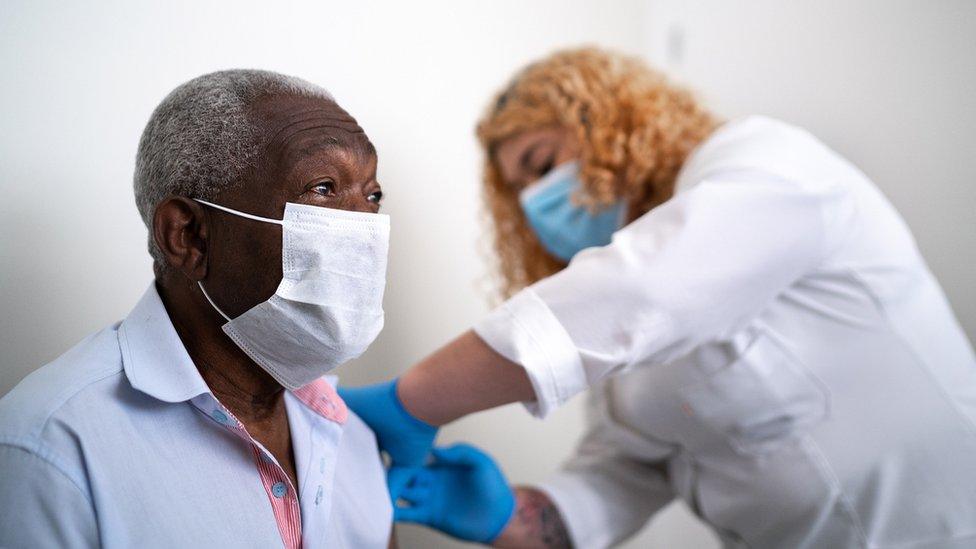
- Published2 February 2021
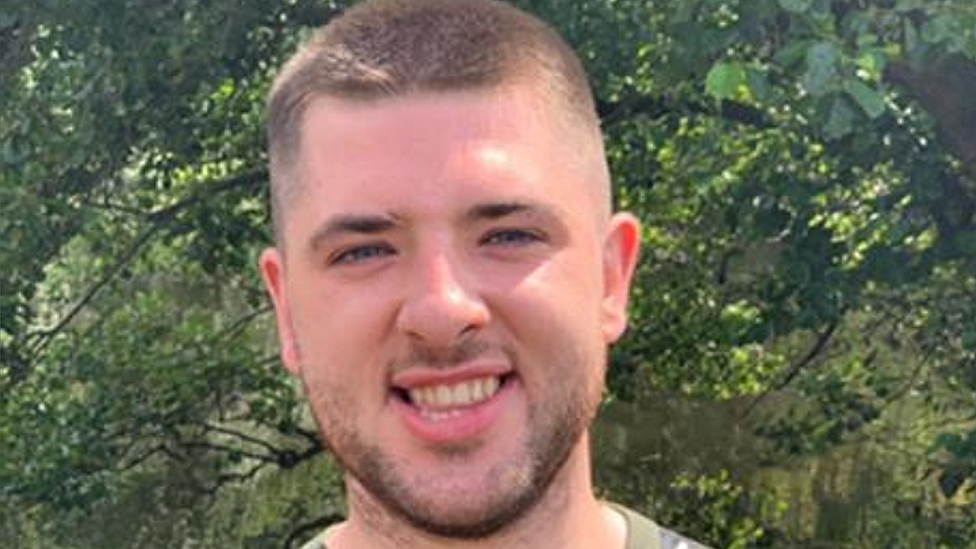
- Published6 February 2021
